Thisam Phanit, Naga tribe, Manipur
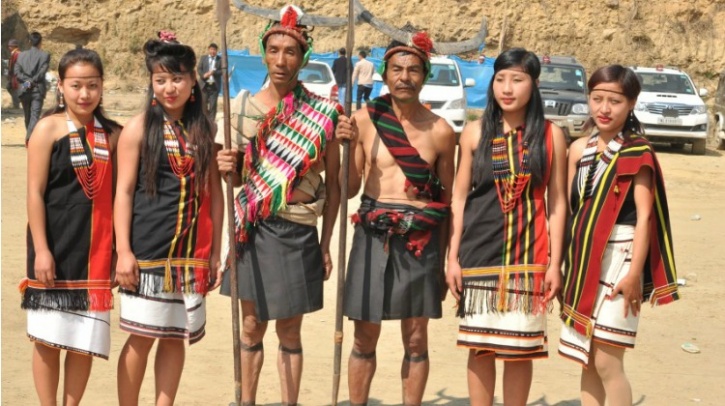
E-PAO.NET
Thisam festival is observed for twelve days in January. There is a strong belief that the souls of the dead do not leave the world until a farewell ceremony is performed. From the day of their death till the farewell ceremony, it is believed that the dead soul joins the family at every meal. For that purpose ‘Thikhong’, meaning plate for the dead, is placed with a clean sheet of cloth on the Naga stool as on a raised wooden platform. When all these formalities are performed, the dead are seen off, known as ‘kazei kata’.
Bhoramdeo Mahotsav, Chhattisgarh
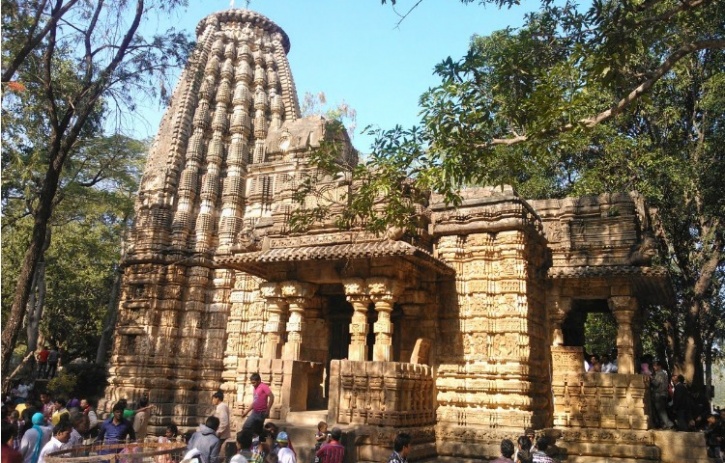
This festival is celebrated each year in the last week of March within the premises of the Bhoramdeo temples located at a distance of about 135 km from Raipur. The famous king Ramachandra of the Nag dynasty, who married Princess Ambika Devi of the Haiya dynasty, is credited with the construction of this beautiful temple. The festival is held to honour the King.
Karama festival, Odisha
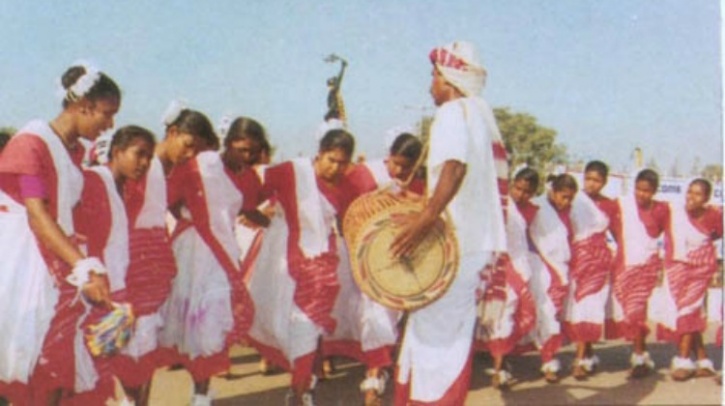
ORIYAONLINE.COM
In this festival the presiding deity is either 'Karam', a God, or 'Karamsani', a Goddess, who is represented with a branch of the Karam tree. It is celebrated sometime between the months of August and September, on the eleventh day of the bright fortnight. In the ritual, people go to the jungle and cut a few branches of the Karam tree. The branches are carried by unmarried girls who bring them to the village and plant them on the ground decorated with flowers. A tribal-priest (Jhankar or Dehuri) offers germinated grams and liquor in propitiation to the deity, who grants wealth and children.
Baneshwar Festival, Dungapur, Rajasthan
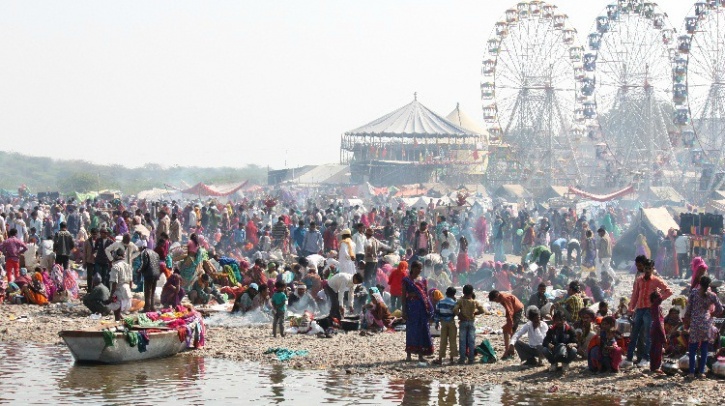
RISEFORINDIA.COM
This is celebrated in the month of January and February by the people of the Bhil tribes living in Rajasthan, Madhya Pradesh, and Gujarat, among others, at the confluence of the Mahi and Som rivers. The festival sees the worship of Mahadev (Shiva) as well as Kalki (Vishnu). From ritualistic singing of praises of the Gods to gravity-defying acts, this festival displays the very magic of a colourful Rajasthan.
Marriamman Thiruvizha, Andaman Islands
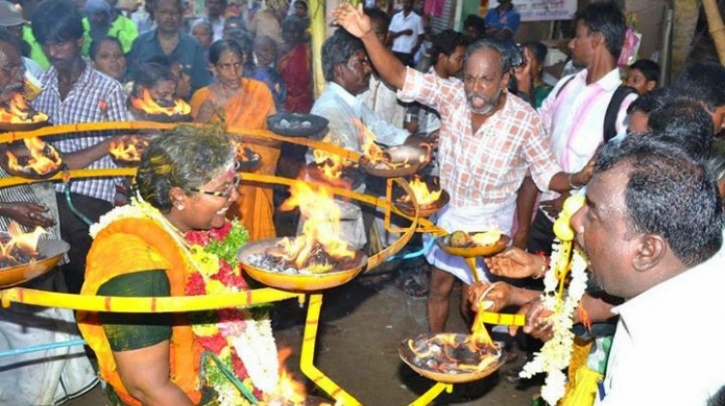
The festival is to celebrate the Goddess Arulmigu Mariamman who is believed to be the guardian of these islands. Her temple is located at Astinabad village, which is approximately six kms from Port Blair bus terminus. A famous lore is that when the Dhannikari Dam was being constructed, it could not be completed successfully until the project in-charge prayed to Goddess Mariamman. After the completion of the dam, he constructed a temple and left money for the daily conduct of pooja and maintenance. Apart from the locals, even tourists are advised to pay their respects to the Goddess before leaving.
Folk Dance Festival, Daman and Diu
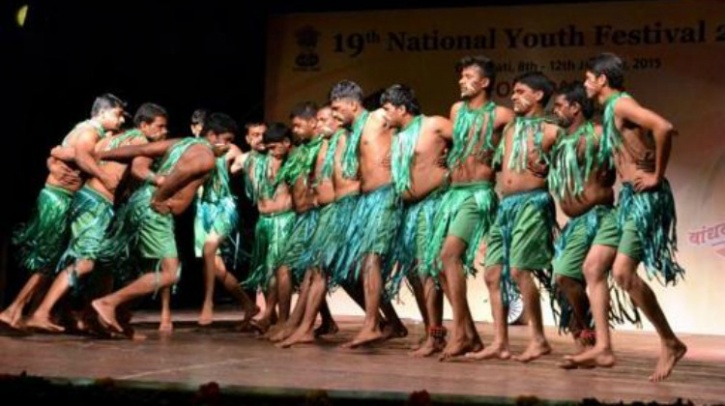
YAHOO
The festival is a significant part of the cultural life of Daman and Diu. Drawing inspiration from the neighbouring state of Gujarat, the colourful attires come out for the Folk Dance Festival of Daman. The dance forms associated with the Folk Dance Festival in Daman and Diu are Mando Dance, Verdigao Dance and Vira Dance. People of all age-groups take part in the Folk Dance Festival.

Comments
Post a Comment